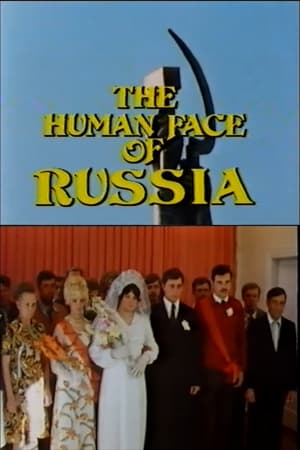

Belle famille(1978)
A working class family leaves St-Henri quarter in Montréal to build a new home in the countryside.

Movie: Belle famille
Top 1 Billed Cast
Himself

Belle famille
HomePage
Overview
A working class family leaves St-Henri quarter in Montréal to build a new home in the countryside.
Release Date
1978-07-11
Average
0
Rating:
0.0 startsTagline
Genres
Languages:
FrançaisKeywords
Similar Movies
Cinéma Vérité: Defining the Moment(en)
A documentary about direct-cinema from its very beginnings (Nanook of the North) to the fake-direct-cinema of the Blair Witch Project. All the important direct-cinema filmmakers are portrayed and/or interviewed: Leacock, Wiseman, Maysles, Pennebaker, Reisz and others.
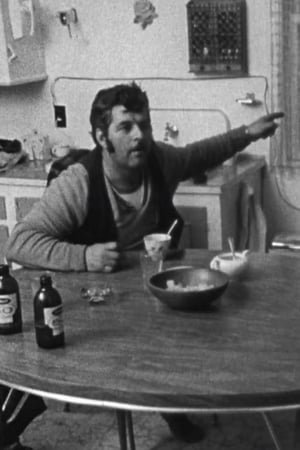 0.0
0.0Back to the Land(fr)
Feature-length documentary as part of Pierre Perrault's Abitibian Cycle. The filmmaker questions the past and present of Abitibi and draws up, face to face, the promises of colonization in the 1930s and the great disappointment caused by the closing of the land in the 1970s. There are witnesses to the heroic era, including the cultivator Hauris Lalancette, as well as extracts from films by Father Maurice Proulx (1934-1940).
Friday: About Cars(en)
"Montréal under the snow and the cold winter. It is the period of the year when the garage owners strike it rich. The automobile at the service of man? This small opus would rather show the contrary. This is one in a series of eight films titled “Chronicle of Everyday Life,” a project that filmmaker Jacques Leduc took four years to realize, and whose goal was to revisit Direct Cinema at a moment when it was already heavily “contaminated” by mainstream TV." - Anthology Film Archives
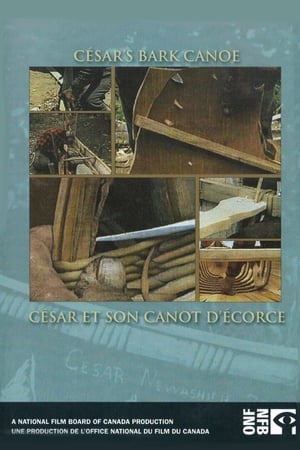 10.0
10.0Cesar's Bark Canoe(fr)
"This documentary depicts a canoe being built in the traditional manner. Cesar Newashish, a 67-year-old Attikamek of the Manawan Reserve North of Montréal, uses only birchbark, cedar splints, spruce roots, and gum. With a sure hand he works methodically to fashion a craft unsurpassed in function or beauty of design. Building a canoe solely from the materials that the forest provides may become a lost art, even among the Native Peoples whose traditional craft it is. The film is free of spoken commentary but text appears on the screen in Cree, French, and English." - Anthology Film Archives
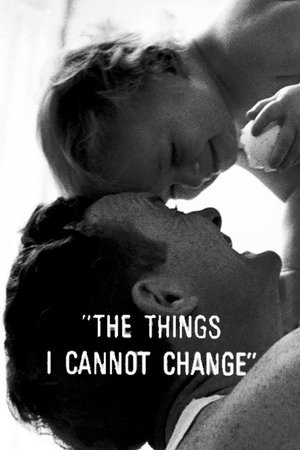 10.0
10.0The Things I Cannot Change(en)
"This feature documentary is considered to be the forerunner of the NFB's Challenge for Change Program. The film offers in inside look at 3 weeks in the life of the Bailey family. Trouble with the police, begging for stale bread, and the birth of another child are just some of the issues they face. Through it all, the father tries to explain his family's predicament. Although filmed in Montreal, the film offers an anatomy of poverty as it occurs throughout North America." - NFB
Little Burgundy(fr)
"This film is one of the first French Unit productions of the “Société Nouvelle/Challenge for Change” program. When an old area of Montréal is to be demolished to make way for a new low-income housing development, is there anything the residents can do to protect their own interests? The film documents such a situation in the Little Burgundy district of Montréal and shows how the residents organized themselves into a committee that successfully influenced the city’s housing policy." - Anthology Film Archives
Locked Off(en)
Rave Culture is one of Britain’s great cultural exports, but after its first wave in the late eighties and early nineties, it was soon forced into the underground by stringent new laws and superclubs. But forward 25 years into in the midst of a nationwide purge on the nation’s nightlife, where nearly half of all British clubs have shut down in the last decade, and a new kind of scene has emerged. Clive Martin investigates this 21st century version of Rave, where young people break into disused spaces with the help of bolt-cutters and complicated squatting laws, to suck on balloons and go hard into the early morning. But with the police using increasingly extreme tactics to clamp down on these parties, and more than one fatality causing nationwide media panic, can the scene survive?
The Home Cinema of the Dardenne Brothers(fr)
A “Cinéma, de notre temps” series episode directed by french film filmmaker Jean-Pierre Limosin, originally aired sometime around 2006.
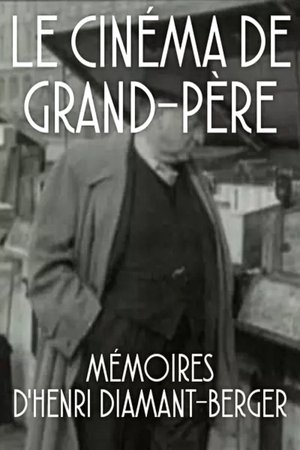 0.0
0.0Le Cinéma de grand-père(fr)
Remarkable life story of Henri Diamant-Berger, a director and screenwriter whose devotion to cinema led him to collaborate with some of the greatest actors and filmmakers of his time.
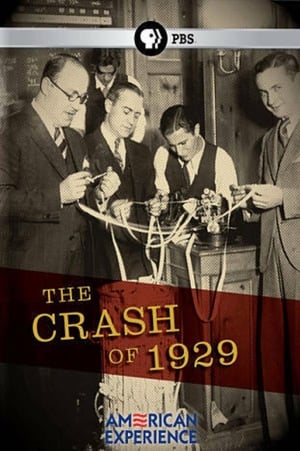 0.0
0.0The Crash of 1929(en)
Based on eight years of continued prosperity, presidents and economists alike confidently predicted that America would soon enter a time when there would be no more poverty, no more depressions -- a "New Era" when everyone could be rich. But when reality finally struck, the consequences of such unbound optimism shocked the world.
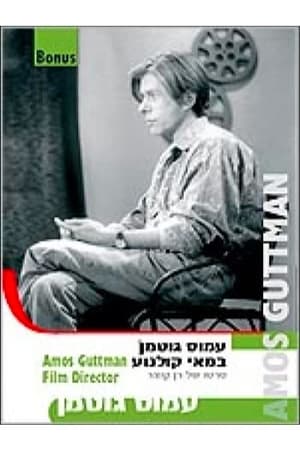 5.0
5.0Amos Guttman: Filmmaker(he)
From 1977 to his untimely death in 1993, Amos Guttman directed six films, all of them deeply personal reflections of his own life. Interviews with lovers, family and friends--including some of the most important people in Israeli cinema--tell the gripping story of a strikingly handsome, charismatic and deeply passionate gay man who has become a revered cult figure in Israeli cinema.Interviews with the late filmmaker and fascinating footage of him on the set convey the same passion that comes through in scenes from his films, lovingly selected by documentarian Ran Kotzer. Like Fellini, Guttman transformed his dreams and everyday conversations with friends and family into integral parts of his pictures. He is most remarkable for his striking and original use of the frame. Every shot is a treasure. Amos Guttman dared to portray subjects that were taboo in his society, and his search for the right of individual expression is the connecting link of his works.
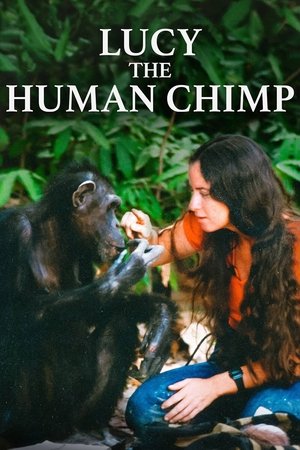 6.3
6.3Lucy the Human Chimp(en)
The profound story of Lucy Temerlin, a female chimpanzee raised as human from birth in a domestic environment, and Janis Carter, the woman who took on the seemingly impossible task of giving her a new life in the wild.
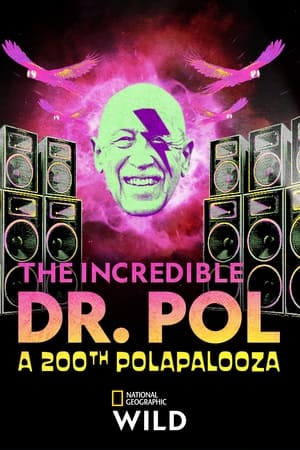 6.0
6.0The Incredible Dr. Pol: A 200th Polapalooza(en)
The one and only Dr. Pol has hit an incredible milestone – 200 episodes! Stroll down memory lane as we look back on highlights from the last decade. Doc, Charles & Diane join in on the fun, watching & reacting to these unforgettable moments right alongside you. Plus, get a first look at never-before-seen footage from the series. It's two jam-packed hours of nonstop Pol-ness you don't want to miss!
Dancing with the Incas(en)
Documentary about the most popular music of the Andes -- Huayno music -- and explores the lives of three Huayno musicians in a contemporary Peru torn between the military and the Shining Path guerrillas.
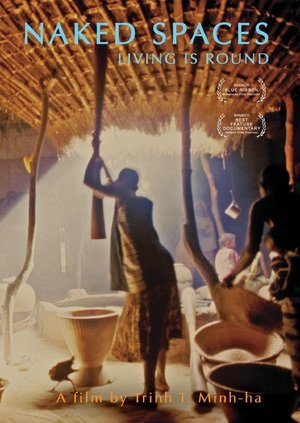 5.0
5.0Naked Spaces: Living Is Round(en)
Shot with stunning elegance and clarity, NAKED SPACES explores the rhythm and ritual of life in the rural environments of six West African countries (Mauritania, Mali, Burkino Faso, Togo, Benin and Senegal). The nonlinear structure of NAKED SPACES challenges the traditions of ethnographic filmmaking, while sensuous sights and sounds lead the viewer on a poetic journey to the most inaccessible parts of the African continent: the private interaction of people in their living spaces.
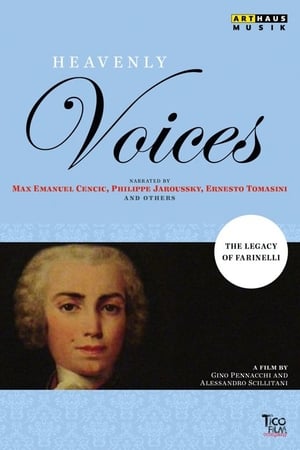 7.0
7.0Heavenly Voices(en)
Heavenly Voices tells the story of the castrato phenomenon, and how the most gifted amongst these singers rose to international stardom. Max Emanuel Cencic and Philippe Jaroussky, two of today's singing stars, take us back in time and talk about operatic entertainment in the Baroque Age. This is illustrated by paintings and prints from the time as well as major performances of today. In this film, many countertenors are featured in famous roles and in interviews, amongst them Jochen Kowalski, Andreas Scholl, David Daniels, Daniel Behle and Valer Barna-Sabadus.
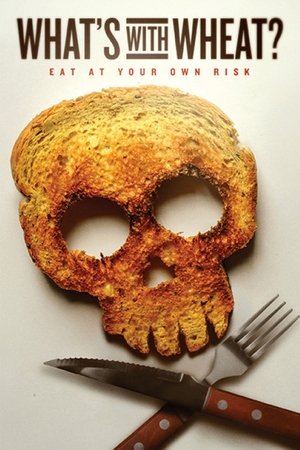 7.0
7.0What's With Wheat?(en)
Why are so many people wheat-intolerant or sensitive to wheat? And why is wheat linked to so many modern-day health problems, when it has been a staple of the human diet for thousands of years? In this documentary, a nutritionist interviews 14 experts, to understand how wheat has changed since it was first cultivated, how these changes could be affecting human health, and how people can break a dietary cycle that could be making them sick.
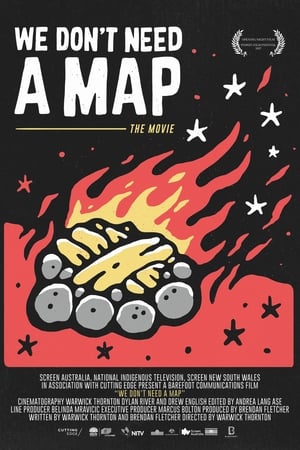 6.7
6.7We Don't Need a Map(en)
Filmmaker Warwick Thornton investigates our relationship to the Southern Cross, in this fun and thought provoking ride through Australia's cultural and political landscape.
